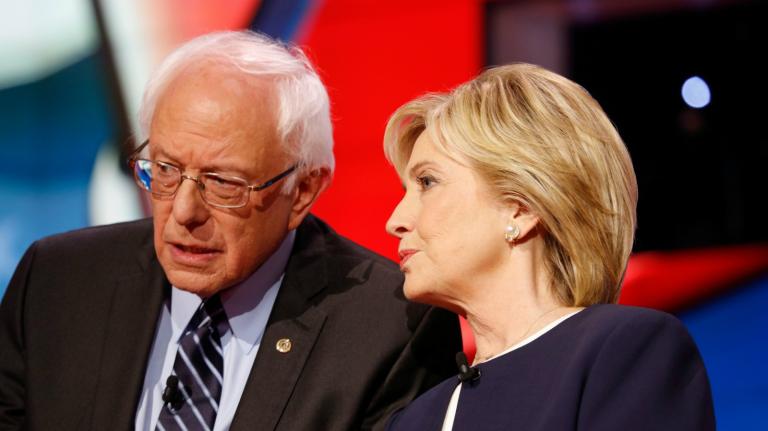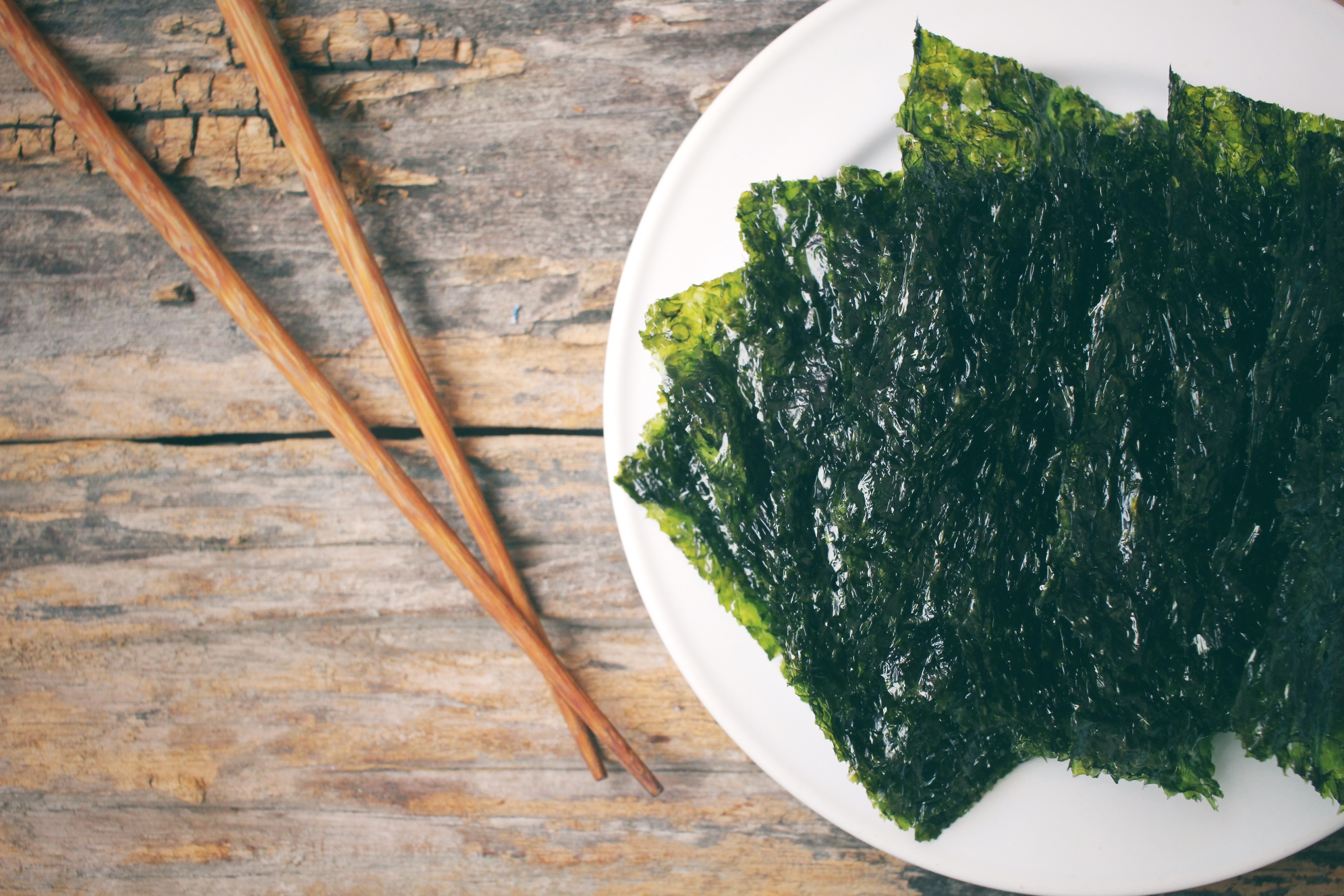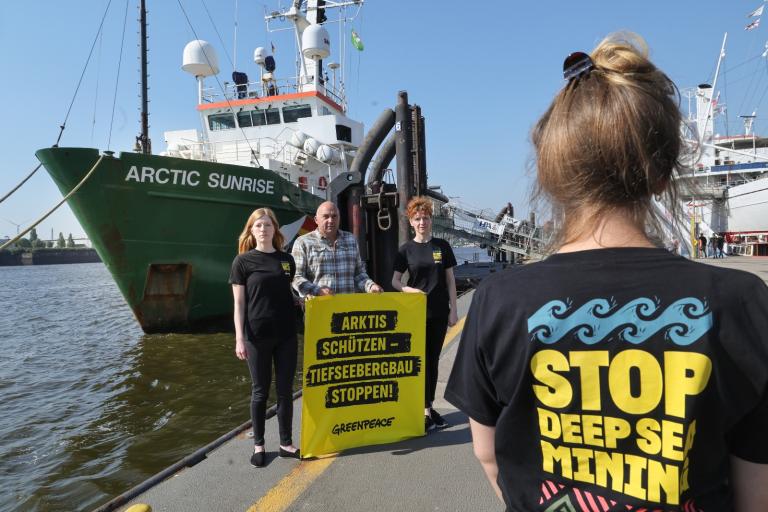Move over, kale. There’s a hip new veggie in town, and this one isn’t just good for the body, it’s good for the world. Meet kelp.
Kelp, otherwise known as seaweed, has long been a staple of diets in Asia, but the kelp industry is catching on in North America as well. You can now spot it on grocery shelves, in hospitals, and in schools.
NPR reports that in Maine, cod, shrimp, and sardine fisherman have been swayed to switch from those shrinking industries to kelp farming, growing seaweed that retails at $15 a pound. Some are even getting financial aid from local economic development agencies and the National Oceanic and Atmospheric Administration (NOAA).
NOAA’s support does more than help tough-on-luck farmers: Kelp forests provide much-needed habitat for other sea life, including fish, invertebrates, and marine mammals. It’s also beneficial to the planet because kelp production doesn’t need fertilizer, pesticides, freshwater, or land to grow on. It filters excess nitrogen and phosphorous from the watershed, and can even reduce ocean acidification. Kelp is resilient, fast-growing, and makes for a rich ecosystem.
Kelp would be a welcome alternative to the kale craze, which requires freshwater, land, and ink to screen print all those tote bags. Organic kale isn’t especially good for the planet, either. Agriculture accounts for about one-third of greenhouse gas emissions worldwide.
As for the taste, well, I must admit to preferring kale chips to kelp chips. As my colleague Gabriel Avila-Mooney put it, kelp tastes like “Seattle at low tide,” and that’s not a flavor I really want in my mouth.
But more sophisticated eaters than I love it.
One mom told me her 2-year-old prefers seaweed snacks to Goldfish, and regularly eats so much he makes himself barf. “It’s good going down,” she said, “but pretty gross coming back up.” Don’t take my word for how popular it is with the kids: There are quite a few videos out there of babies eating it.
It seems they are onto something: Mark Bomford, the director of the Yale Sustainable Food Program, told the New Yorker’s Dana Goodyear last year that with kelp, “You’re not just gaining nutrition, you’re also gaining absolution from guilt. This is your get-out-of-anxiety-free card.”
You can’t say that about kale.



